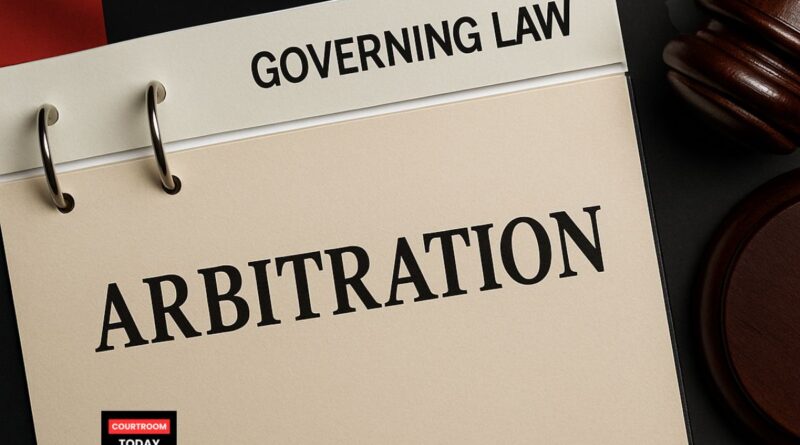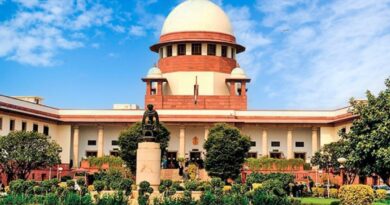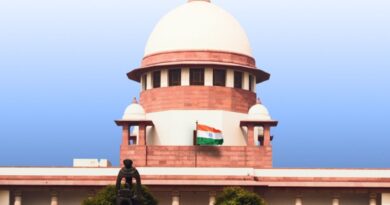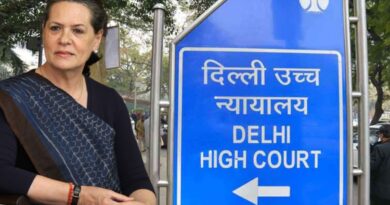Arbitration Clause Independent from Main Contract, Says DIFC Court
The Dubai International Financial Centre (DIFC) Court has clarified that in arbitration matters, it is the law of the seat of arbitration that governs the arbitration agreement — even if the main contract follows a different governing law.
The decision, delivered on September 16 by Justice Sir Jeremy Cooke in the case Oswin v Otila, settled confusion over conflicting clauses in a joint venture arrangement concerning a hazardous waste facility project.
Justice Cooke explained that both under common law and English statute, the law of the seat serves as the law of the arbitration agreement (lex arbitri) unless the parties have clearly indicated otherwise. He added that since the DIFC was chosen as the seat, the DIFC Court would have supervisory jurisdiction over the arbitration process.
The dispute involved Oswin (claimant) and Otila and Ondray (defendants), who were partners in a joint venture where Oswin held 49% and Ondray 51%. The Joint Venture Agreement (JVA) contained an arbitration clause under the DIFC-LCIA Rules (now DIAC Rules), specifying the DIFC as the seat of arbitration.
When the claimant sought interim relief to stop the defendants from taking unilateral decisions, the DIFC Court granted an injunction on August 29 to maintain the status quo. The defendants later challenged the injunction, arguing that since the contracts were governed by UAE federal law, jurisdiction lay with Abu Dhabi courts.
Appearing for Oswin, Tariq Khan, Partner and Head of International Arbitration at M&Co. Legal, argued that the JVA was the primary agreement governing the relationship and that the arbitration clause was an independent agreement granting jurisdiction to the DIFC Court.
The defendants claimed that other related contracts, such as the Operations and Maintenance (O&M) Agreement — which mentioned Abu Dhabi courts — should prevail.
However, the DIFC Court disagreed, ruling that the JVA was the main governing document and that its arbitration clause functioned as a standalone agreement. Justice Cooke observed that unless later agreements specifically override it, the JVA’s dispute resolution clause remains binding.
He noted that while disputes under different agreements could overlap, the only civil proceedings so far were those in the DIFC Court in support of arbitration initiated by the claimant.
Consequently, the Court upheld the injunction until the arbitration tribunal is formed and can decide on the dispute.





